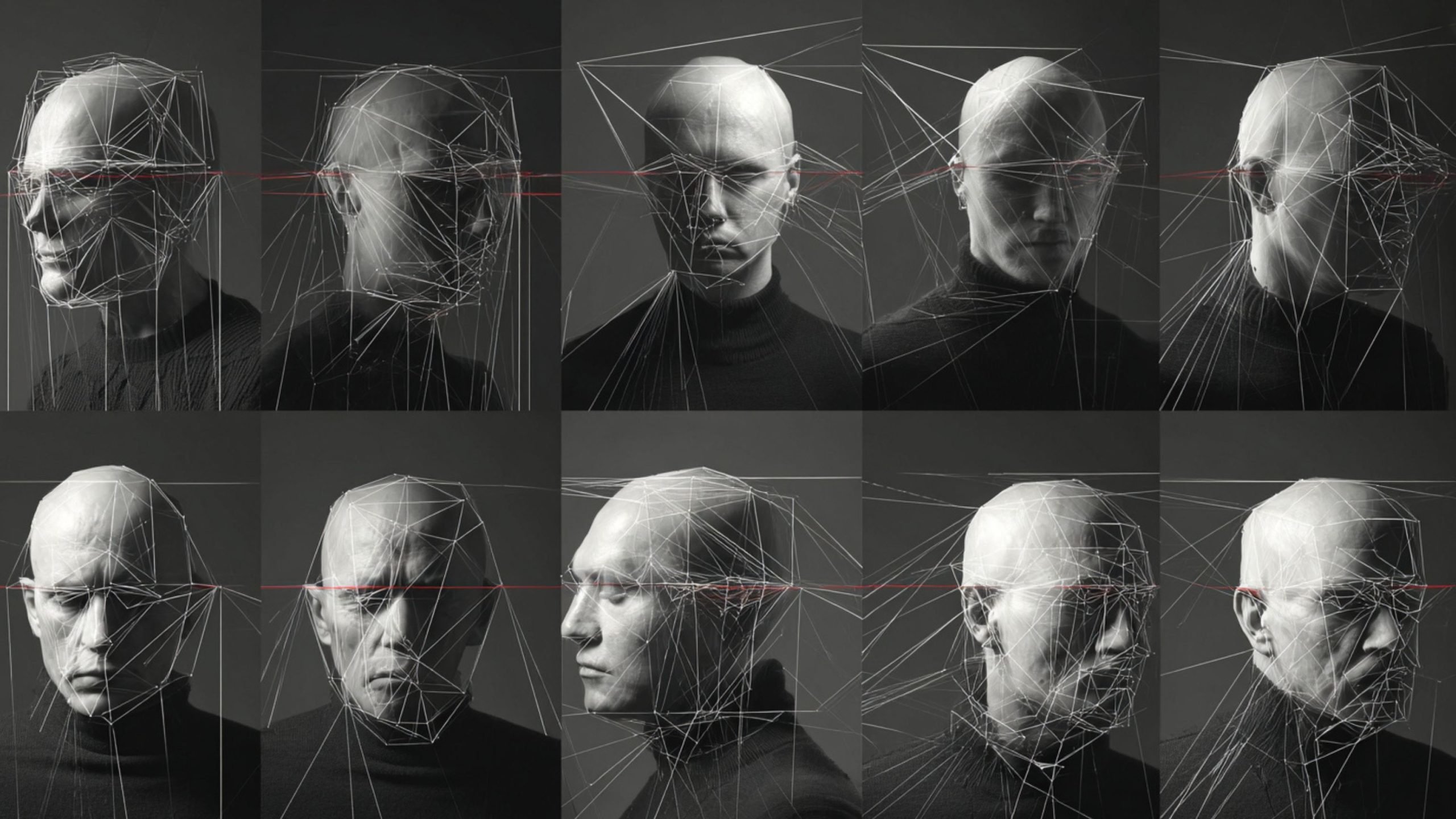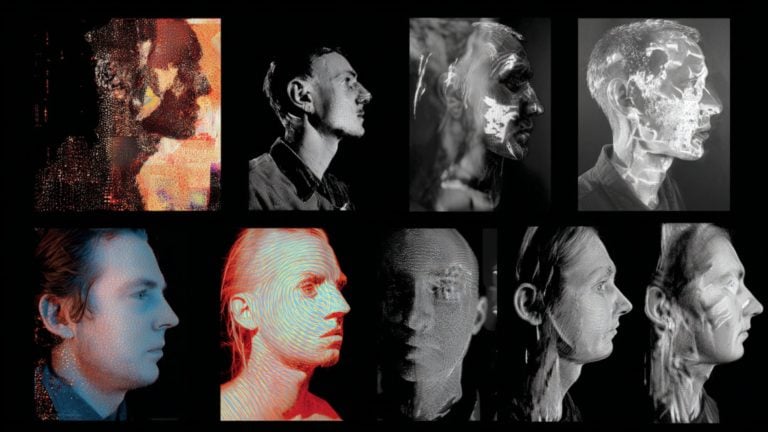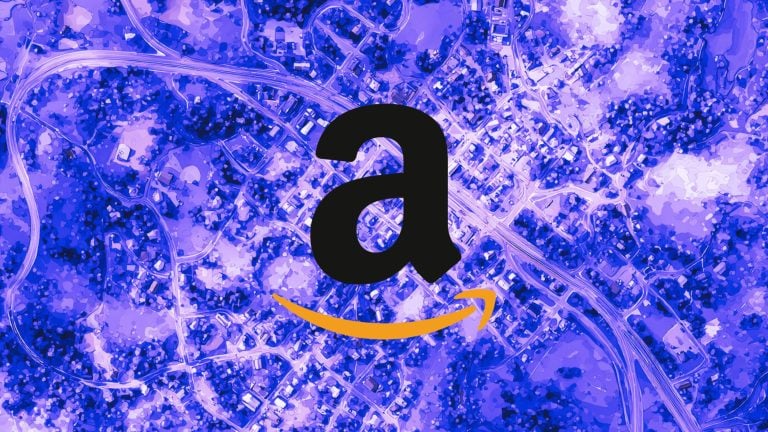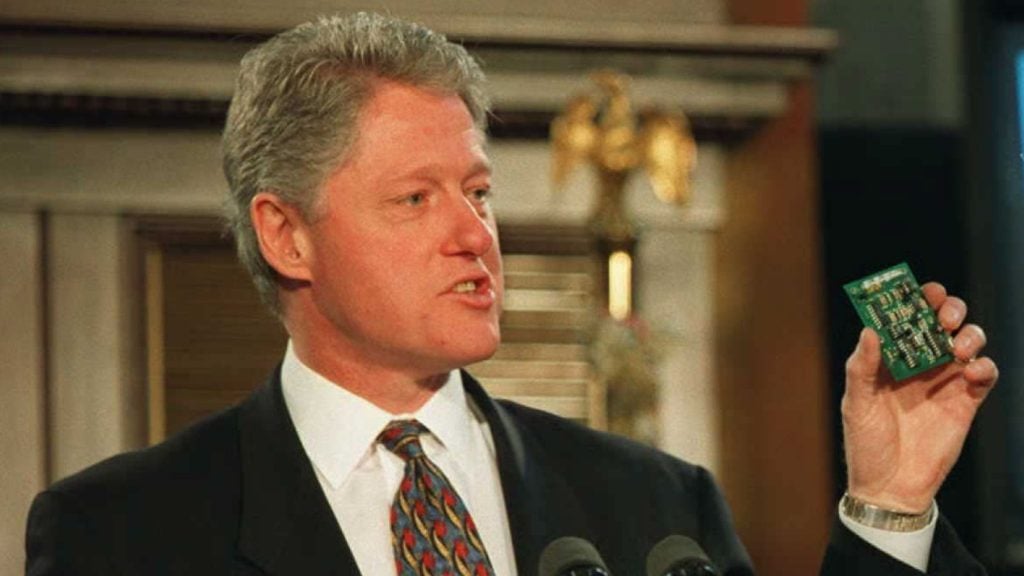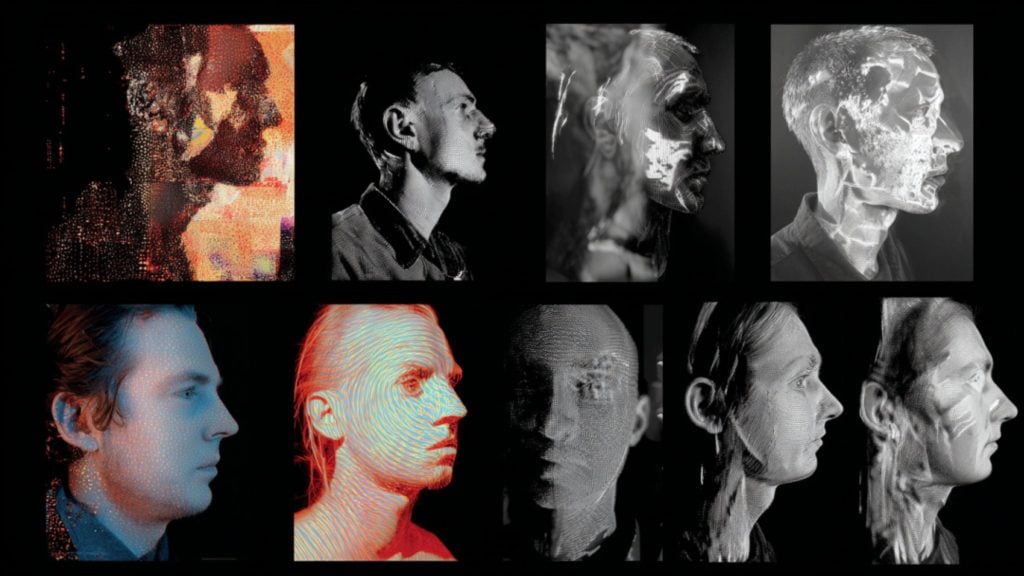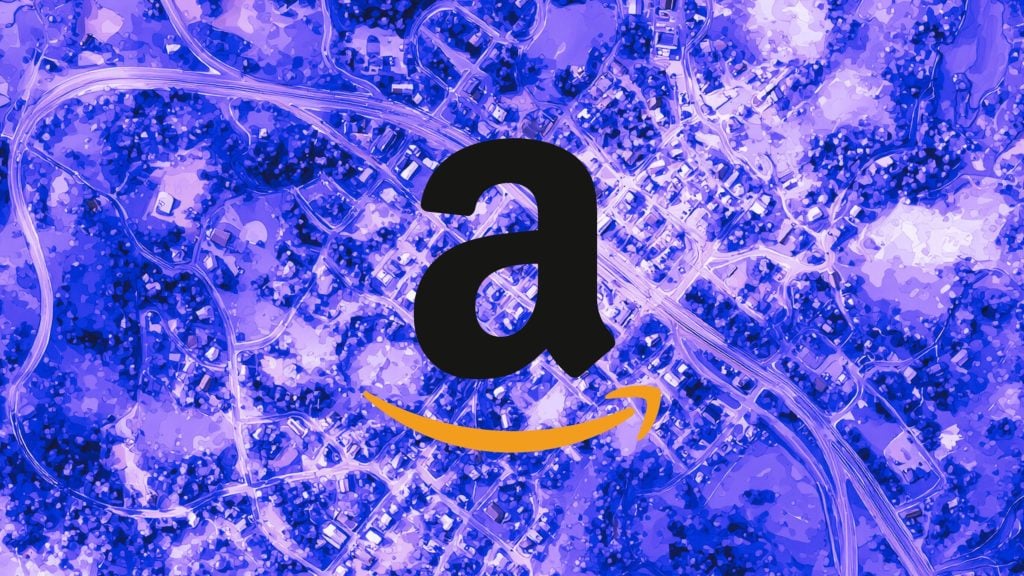Calls for wider deployment of live facial recognition technology have intensified following Saturday’s knife attack on a train in Cambridgeshire, England, an incident that left 11 passengers injured and a railway worker fighting for his life.
Both the UK government and Shadow Home Secretary Chris Philp have voiced support for expanding surveillance capabilities, arguing that the technology can help police identify offenders more effectively.
A Home Office spokesperson told The Telegraph that “facial recognition tools are vital in helping police tackle crime, protect the public and bring offenders to justice” and added: “The minister for Policing and Crime has been clear that she wants the police to use facial recognition more widely. That’s why we will soon be launching a public consultation to support a responsible increase in its use.”
Philp, writing separately in The Telegraph, urged a nationwide rollout of live facial recognition in public spaces such as town centers and train stations, alongside a dramatic increase in stop and search operations to “take far more knives off the street.”
The stabbing occurred on a high-speed train bound for London after it departed Peterborough at around 7:30 p.m.
Witnesses described a chaotic scene as passengers tried to escape or hide, with some using their clothes to stop the bleeding of those injured.
According to police, the attacker, a 32-year-old British national, was armed with a large kitchen knife and was eventually subdued by armed officers after shouting “kill me, kill me.”
Police have ruled out terrorism but continue to investigate the motive. An LNER employee who attempted to intervene remains in critical condition, while other passengers were praised for acts of courage that likely prevented further casualties.
The push for increased use of facial recognition comes as privacy advocates continue to raise concerns about unchecked surveillance and its potential misuse.
Although the Home Office insists the upcoming consultation will promote “responsible” use, campaigners have long warned that live facial recognition risks normalizing mass monitoring of the public and eroding civil liberties without sufficient oversight or transparency.
***
The Metropolitan Police has revealed that it scanned more than three million faces across London using live facial recognition between September 2024 and September 2025, a figure that shows the growing scale of mass biometric surveillance in the UK.
The force’s own data shows that these millions of scans produced only 962 arrests, meaning that roughly 99.97% of the people captured by the cameras were not suspected of any crime. Statistically, this equates to over 3,000 innocent individuals being scanned for every single arrest.
Of those arrests, 113 led to no further action, suggesting that many of the identifications failed to result in charges or prosecutions.
The report also revealed that 16 arrests were related to “Telecommunications” offenses, but it provided no explanation of what those crimes entailed.
The absence of detail has prompted speculation that some identifications may have been linked to online activity, though the Met has not confirmed any connection.
The data also recorded 10 false alerts, cases where the system incorrectly matched a person’s face to someone on a watchlist.
Jasleen Chaggar, Legal & Policy Officer at Big Brother Watch, said it was “alarming that over 3 million people have been scanned with police facial recognition cameras in the past year in London alone.”
Chaggar condemned the technology as “an Orwellian and authoritarian technology that treats millions of innocent people like suspects and risks serious injustice,” and urged the government to immediately halt its use.

